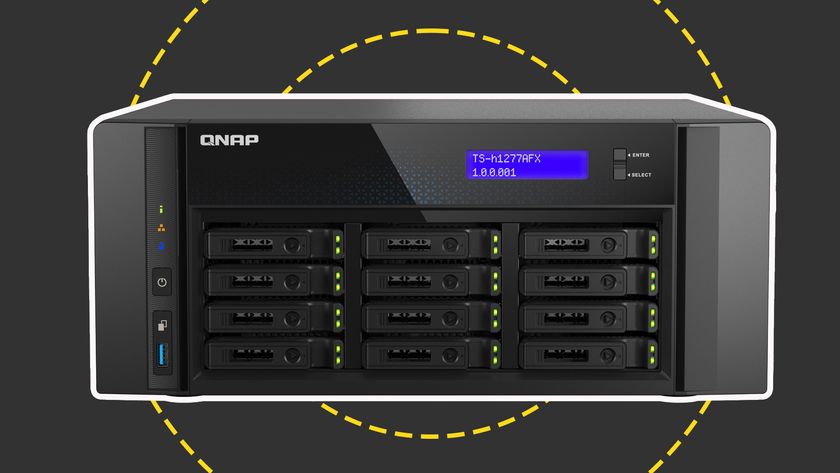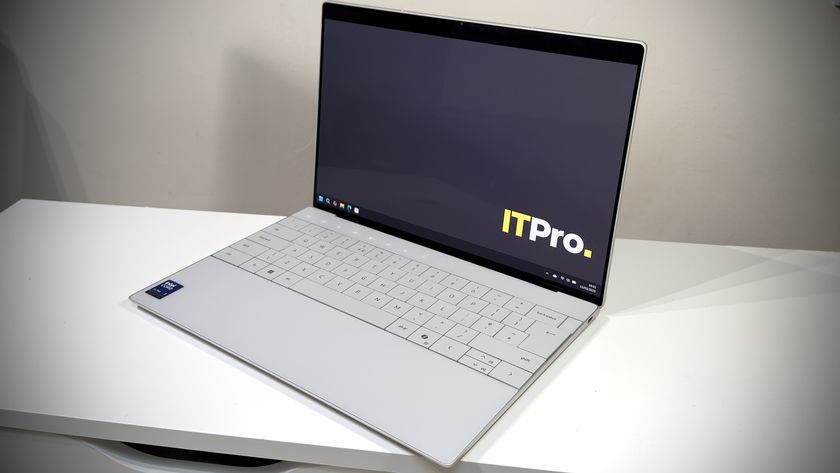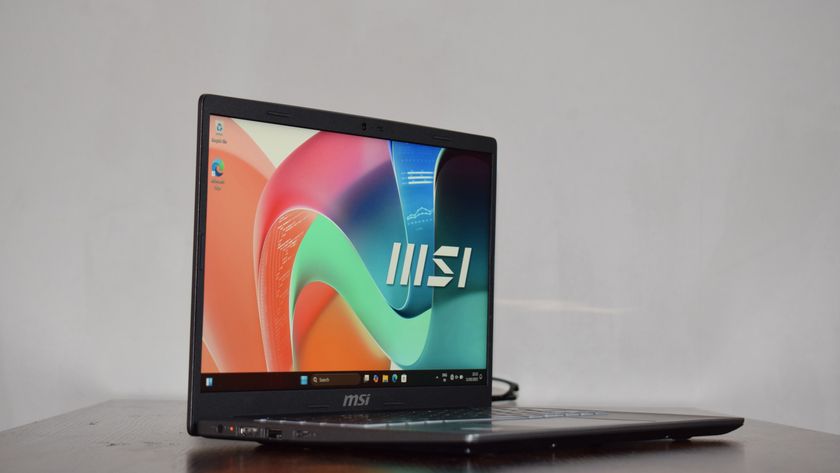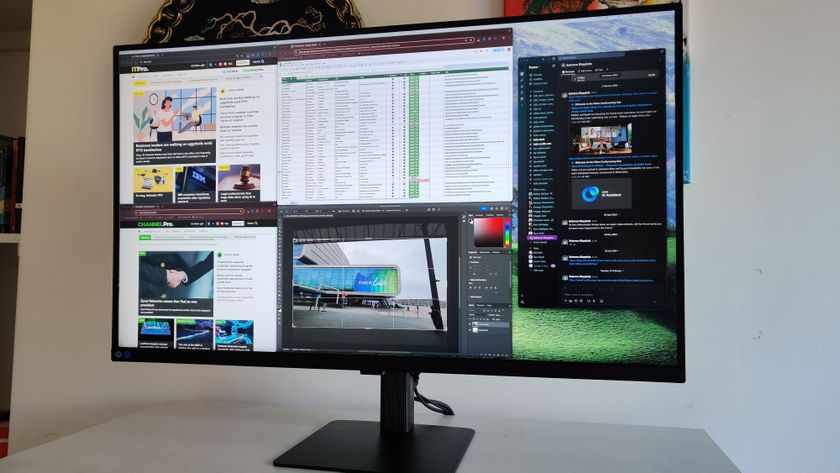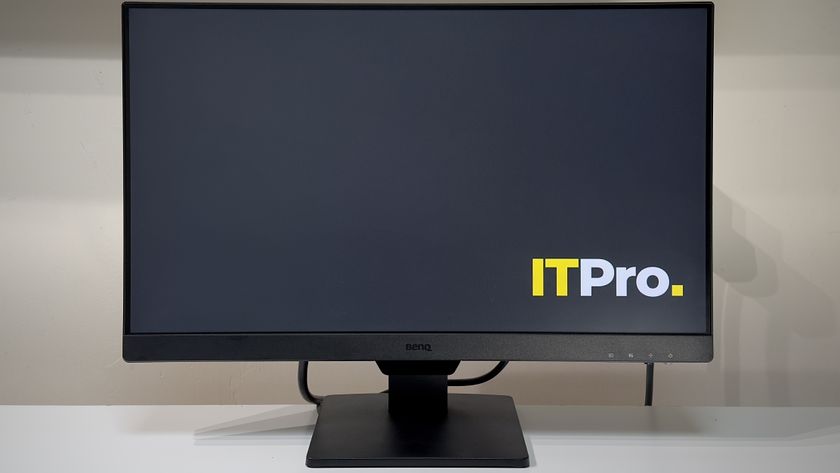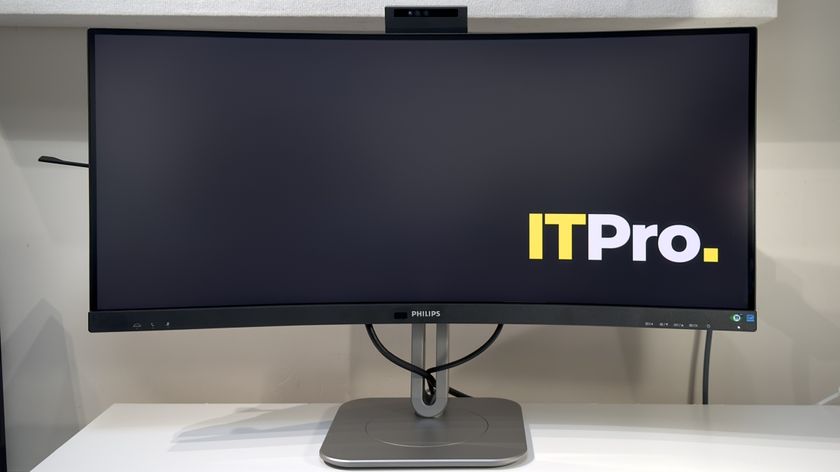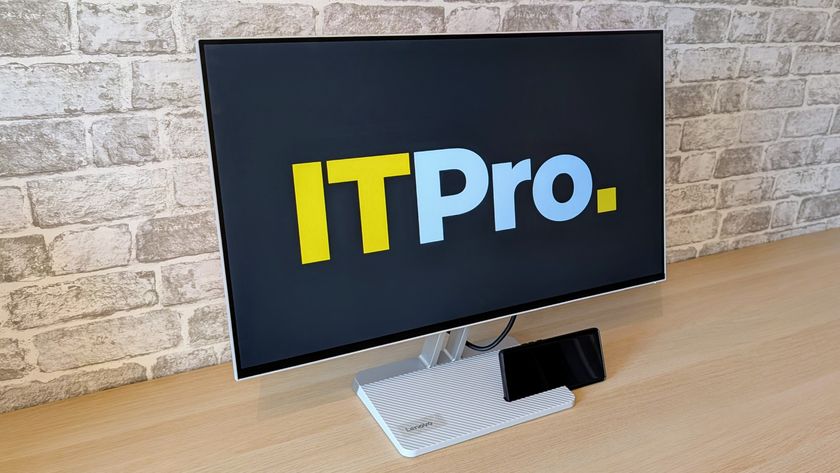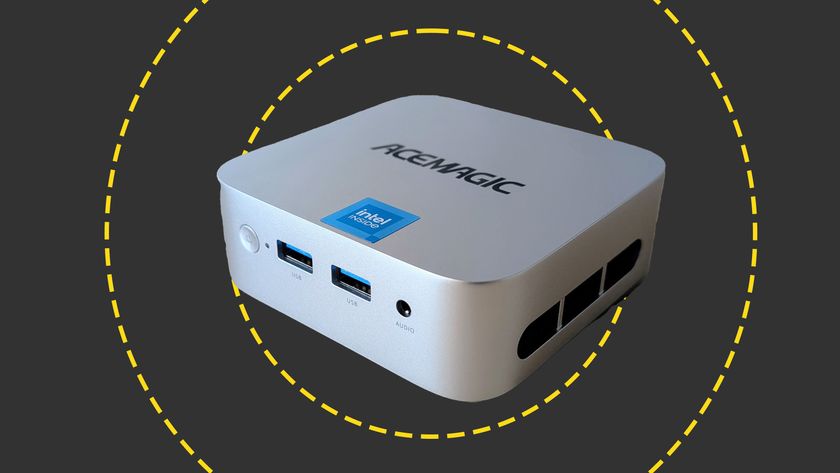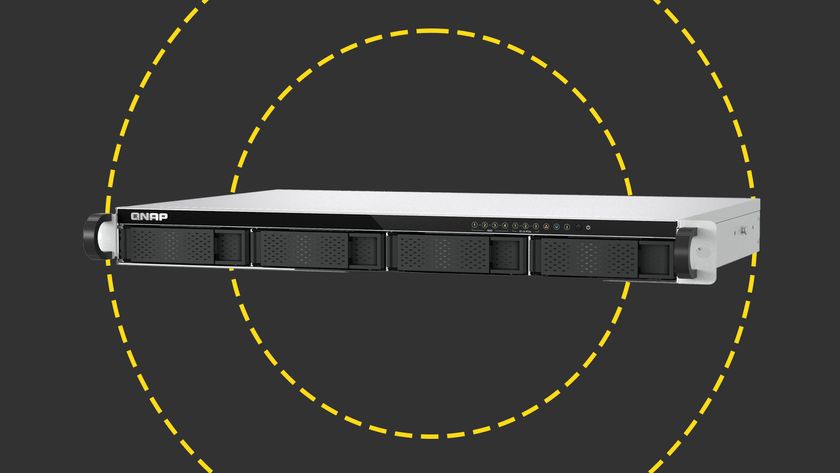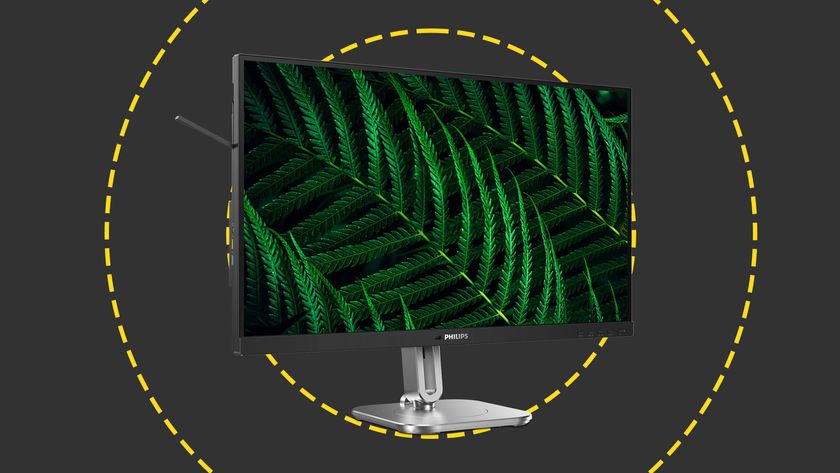Access security is good as CHAP authentication is permanently enabled and must be used on all targets. Profiles allow multiple schemes to be created where each contains a username and a CHAP secret. All hosts can be enabled to access selected VDisks or you can assign them to specific hosts using LUN mapping. You'll need to set up host aliases first and we found it annoying that the dialogue box for this wasn't wide enough so we couldn't see the whole IQN for each server.
Along with array membership, you can designate certain drive bays as global hot spares, which make them available to all arrays in the event of a failure and array rebuilds will happen automatically. Providing there's enough spare space in the pool, VDisks can be expanded at will simply by entering a new value for capacity in GB. Snapshots provide point-in-time copies of VDisks and are created by selecting a source and a pool for the snapshot to be stored in.
The same procedures apply for creating local VDisk mirrors as well. This can prove useful for testing as once a mirror has been created you can split it so the copy becomes a new VDisk that can be made available to your test systems. In the event of a problem or failure a volume can also be restored from its snap-shot by selecting the roll-back option.
The System Manager offers a number of optional storage management tools that are activated with a license. Policies are used to monitor the capacities of VDisks and once a threshold has been breached the appliance will increase them by the selected percentage. You can use policies to monitor an attached UPS and close the system down before its battery runs out and also control the number of spare disks that must be kept ready for use.
For testing we called up dual quad-core Xeon Dell PowerEdge 1950 and 3GHz dual-core Xeon Boston Supermicro servers with both running Windows Server 2003 R2 and loaded with the latest Microsoft iSCSI initiator. We logged both servers onto dedicated targets on different ports and subnets and running Iometer on the Dell server first returned an impressive raw read rate of 113MB/sec. With a second instance running on the Boston system we saw a high cumulative read throughput of 210MB/sec.
To test MPIO we created a single VDisk, assigned it to the first port on the controllers and then logged in from the Dell server initiator using both IP addresses as targets. We had no problems creating a fault tolerant link and during a copy of a 2.5GB video clip to an iSCSI target we disconnected one network cable from the server and watched it continue unabated.
Compared with many other IP SAN storage arrays, the iQStor iQ2850 looks particularly good value even with the current exchange rates. It offers more standard features than most competing products, delivers excellent performance and an amazing expansion capacity.
Verdict
Some storage vendors seem to have forgotten that a key selling point of IP SANs is their value proposition when compared to FC SANs with many charging disproportionately high prices. iQStor clearly isn’t one of these as its iQ2850 delivers an enterprise level feature set with a massive expansion capacity but at a more affordable price.
Chassis: 3U rack
Power: 2 x 460W hot-plug supplies
Cooling: 2 x hot-plug fan modules
Storage: 15 x 1TB Seagate Barracuda ES.2 SATA hard disks in hot-swap carriers
Controllers: 2 x hot-swap
CPU: 1GHz
Cache memory: 1GB expandable to 4GB per controller with battery backup
RAID arrays: RAID0, 1, 10, 3, 5, 50, 6
Network: 4 x Gigabit Ethernet data ports
Expansion: 2 x 4Gbps FC ports per controller
Management: Fast Ethernet port linked to both controllers
Dave is an IT consultant and freelance journalist specialising in hands-on reviews of computer networking products covering all market sectors from small businesses to enterprises. Founder of Binary Testing Ltd – the UK’s premier independent network testing laboratory - Dave has over 45 years of experience in the IT industry.
Dave has produced many thousands of in-depth business networking product reviews from his lab which have been reproduced globally. Writing for ITPro and its sister title, PC Pro, he covers all areas of business IT infrastructure, including servers, storage, network security, data protection, cloud, infrastructure and services.

